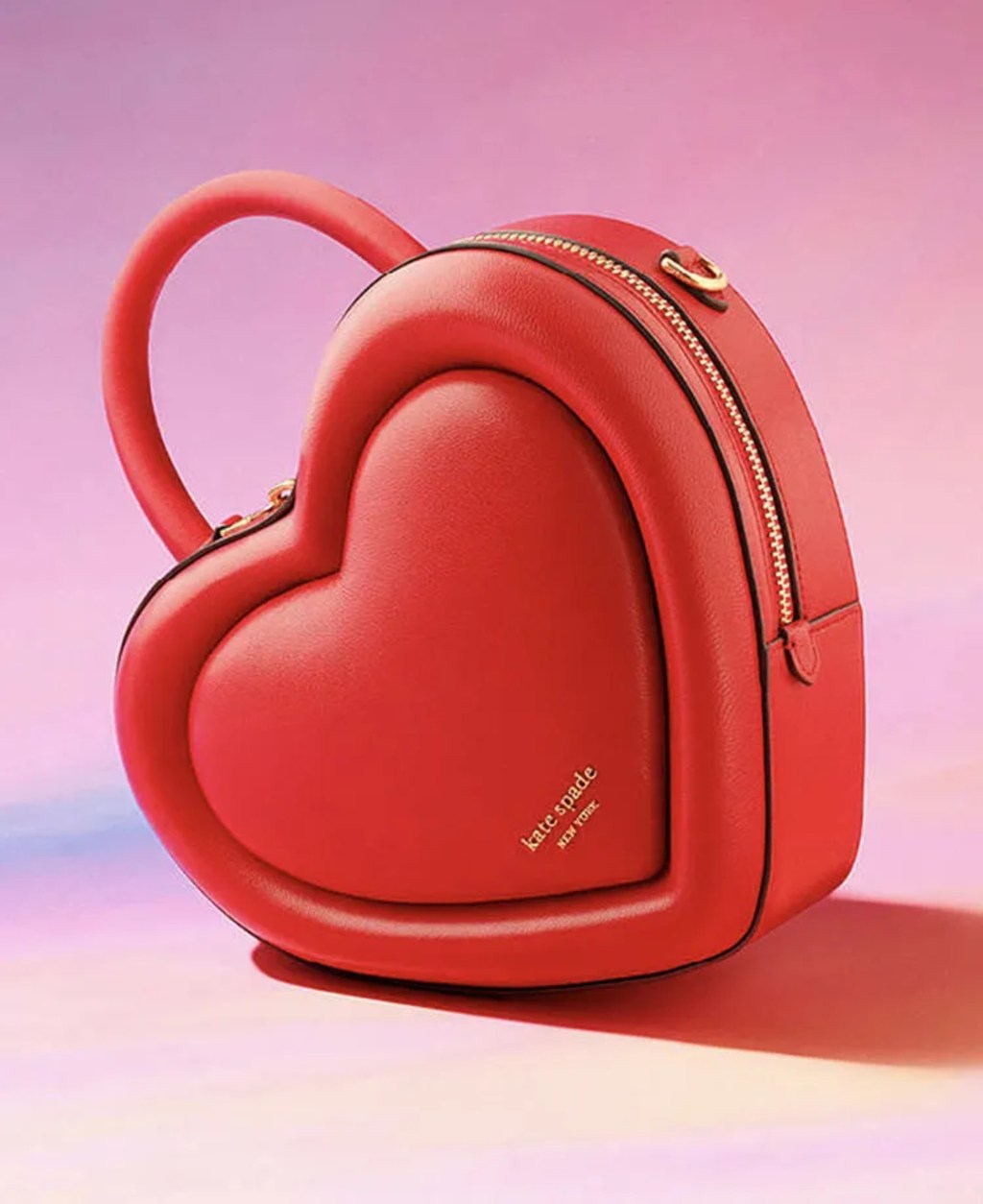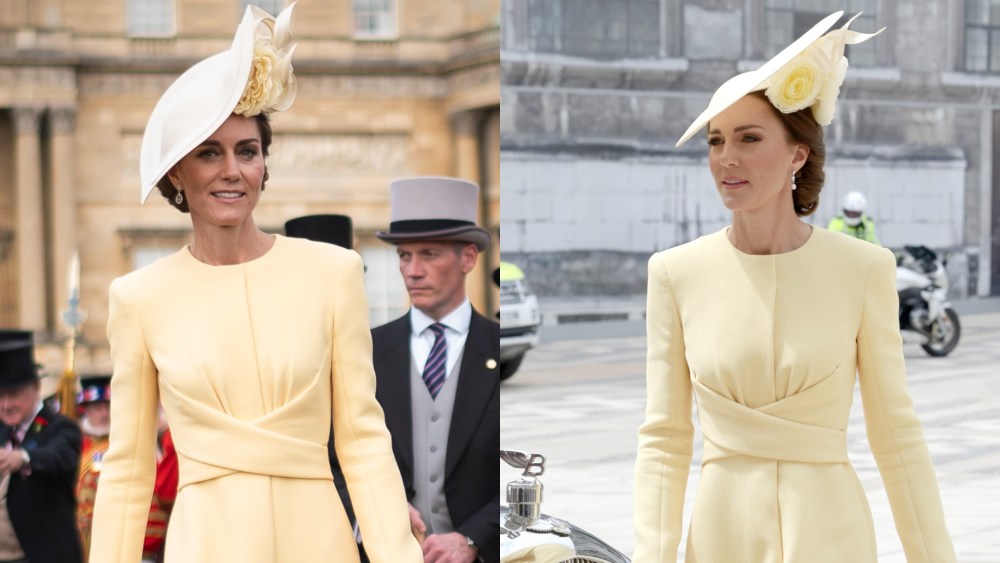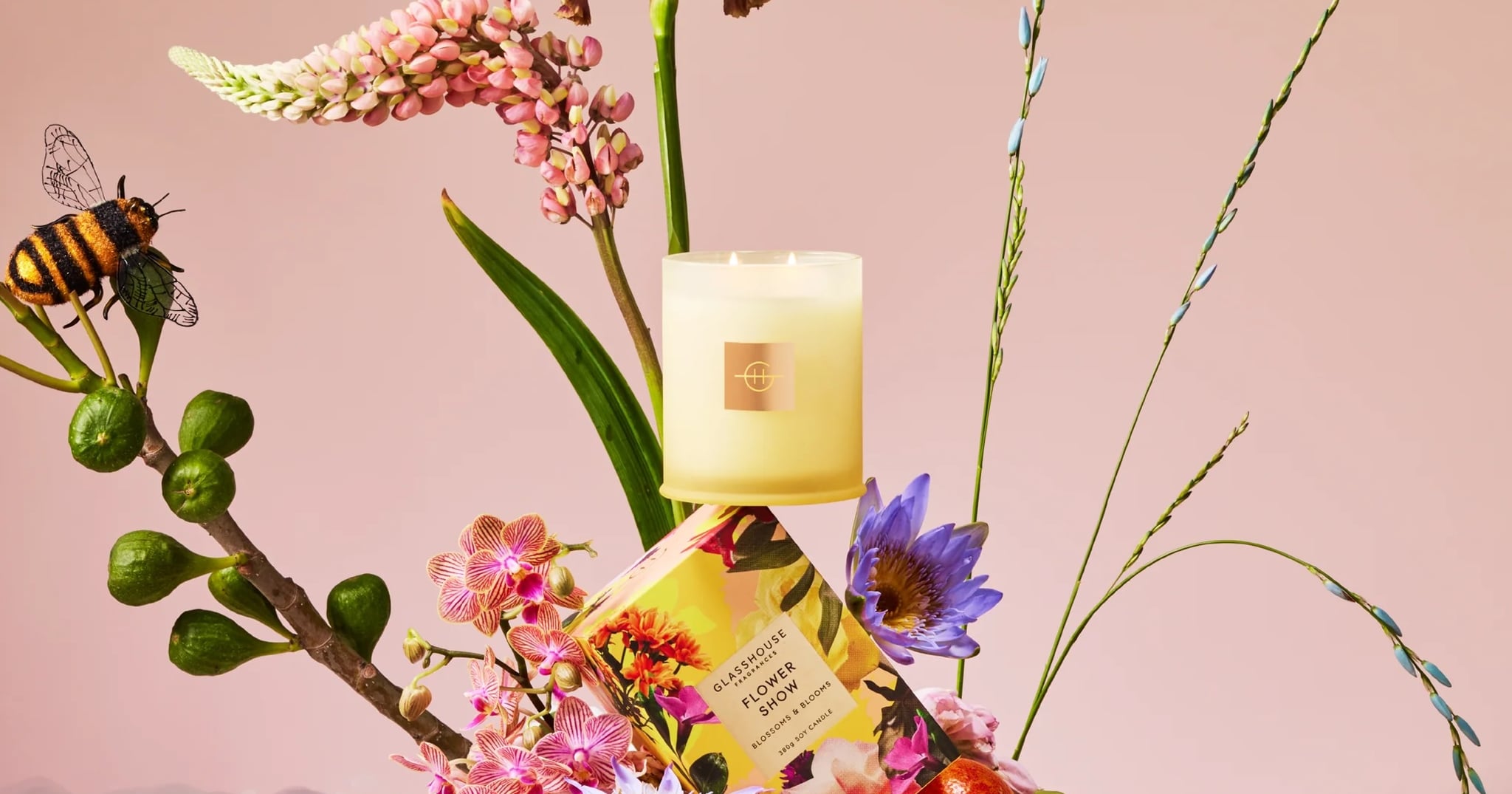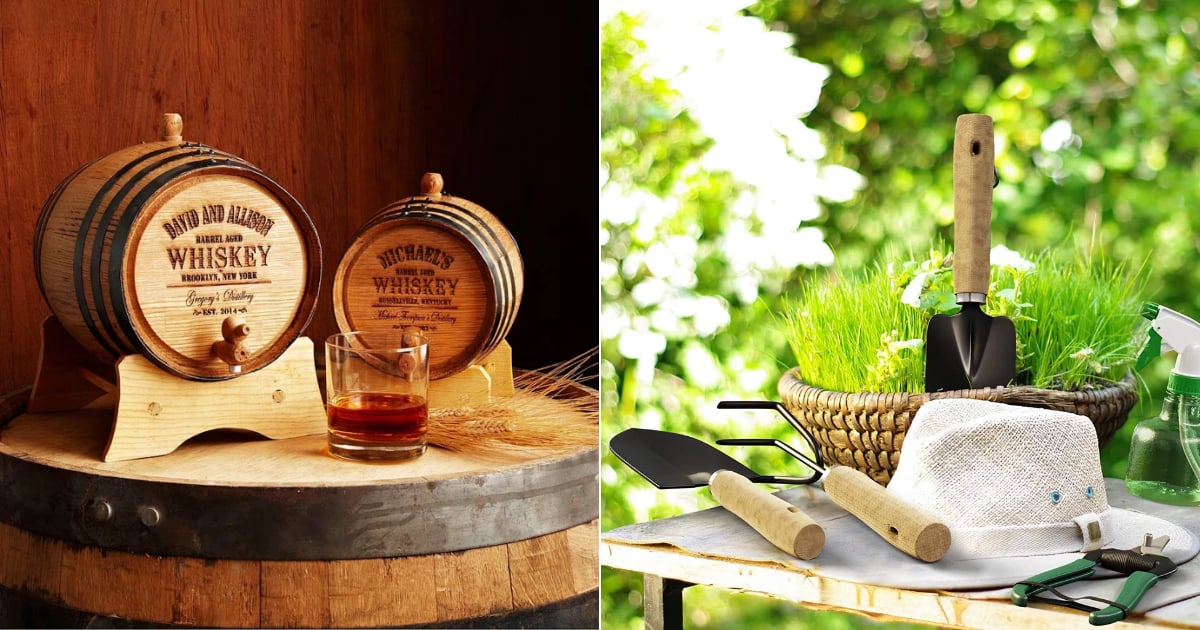The rhetoric can get a little raw in the courtroom, but it can also offer a through-the-looking-glass view on the world, taking one issue and breaking it down into a thousand different points of contention.
Such is the case in the Federal Trade Commission’s effort to block Tapestry Inc.’s $8.5 billion deal to buy Capri Holdings — which would create an accessible handbag giant with Tapestry’s Coach and Kate Spade and Capri’s Michael Kors.
In its initial salvo, the FTC argued that “consumers will lose the benefit of head-to-head competition on price, discounts and promotions, innovation, design, marketing and employee wages and workplace benefits” if the deal goes through.
In a court filing late Tuesday, Tapestry shot back at length, framing itself as a kind of savior for Michael Kors, which has seen its sales decline since the deal was revealed in August.

“The FTC’s attempt to block Tapestry’s revitalization of Michael Kors, a once great American fashion brand, makes no sense,” Tapestry told the court.
Regulators have said the deal would create “a colossus” in “‘accessible luxury’ handbags” that would dwarf all other market players.
But Tapestry is pushing for the government to explain exactly how it is defining the market and claims the case simply misjudges how the fashion industry works.
From a broader perspective, Tapestry argued the FTC’s view of the market is “unrealistic” and “consisting only of vulnerable, choice-constrained consumers that care deeply about fashion, but are unwilling to pay for it.”
To underscore the point, the company said there were more than 150 handbag brands that compete with Tapestry and Carpi and listed a good number of them, including from Alexander Wang and Alexis Bittar to Zadig & Voltaire and Zara.
“There is no definable captive consumer of fashion handbags who cannot readily switch from brand to brand, across price ranges,” Tapestry said.
“The FTC’s worldview cannot explain why consumers spend hundreds or more to buy a frog-shaped crossbody bag, a bright pink puffed satchel, or a top-handle bag that looks like a pizza box — all handbags that Kate Spade offers — let alone why they pay more than $1,000 for a leather pouch mimicking a household trash bag, offered by what the FTC calls a ‘true luxury’ brand.
“A handbag purchase is far more emotional, multifaceted, and discretionary than the FTC’s theory can tolerate,” the court filing said. “For some, handbags are an extension of their self-expression. For others, they are purely functional, holding little or no sentimental value.”

It’s a tough market in that reading and one that Tapestry said it would not dominate if the deal goes through.
“In any properly defined market, Coach, Kate Spade, and Michael Kors would represent less than 30 percent of sales, which does not give rise to any presumption of likely harm in this highly dynamic and differentiated industry,” Tapestry said.
The two sides will meet virtually on Monday for oral arguments, where Tapestry will make its case for why regulators should give their definition of “accessible luxury” sooner rather than later given the case’s expedited schedule.
Tapestry has said it plans to complete the acquisition this calendar year.



